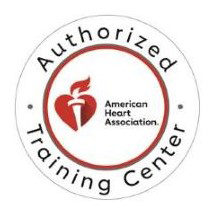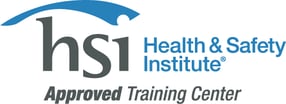Florida Locations
Lifework Education, formerly known as Nursing Unlimited, proudly presents a vast network of campuses and learning centers scattered throughout the stunning state of Florida. Additionally, our exceptional CPR training and comprehensive certification courses are available not just in Florida, but in all 50 states.
LOOKING FOR A CPR COURSE?
Discover a wide range of courses available across the United States, all certified by trusted organizations such as the AHA, Red Cross, and HSI. Explore the Lifework Search tool to easily locate courses and nearby locations that suit your needs.
Courses Include:
-
CPR and First Aid
-
Basic Life Support for Healthcare Professionals (BLS)
-
Advanced Cardiac Life Support (ACLS)
-
Pediatric Advanced Life Support (PALS)
-
Neonatal Resuscitation Program (NRP)



Florida Location
Miami Gardens
17801 NW 2nd Ave Suite 237,
Miami Gardens, FL 33169
305-651-1431
Do you Need Training at Your Location?
Are you in search of a customized and convenient training solution for your group? Well, your search ends here! Our onsite training program offers the perfect solution by bringing an expert instructor directly to your organization. We provide all the necessary equipment and ensure the training is delivered at a date and time that perfectly suits your needs.
Curious about the cost? Get an instant quote now:
Approvals
Lifework is proud to offer our proprietary CPR and First Aid certification courses. We are also a national partner and Licensed Training Provider with the American Red Cross (ARC), and operate several American Heart Association (AHA) and Health and Safety Institute (HSI) Training Centers. All resuscitation courses follow the guidelines published by the International Liaison Committee on Resuscitation (ILCOR).
We offer several professional training programs, including EMT, CNA, Caregiver, and phlebotomy, all of which are approved by the relevant state agencies. Currently, only the paramedic program is included under the ABHES grant of accreditation.
Lifework’s paramedic program is accredited by CAAHEP under the recommendation of CoAEMSP and institutionally accredited in Peoria, Arizona, by the Accrediting Bureau of Health Education Schools (ABHES).
.png)


